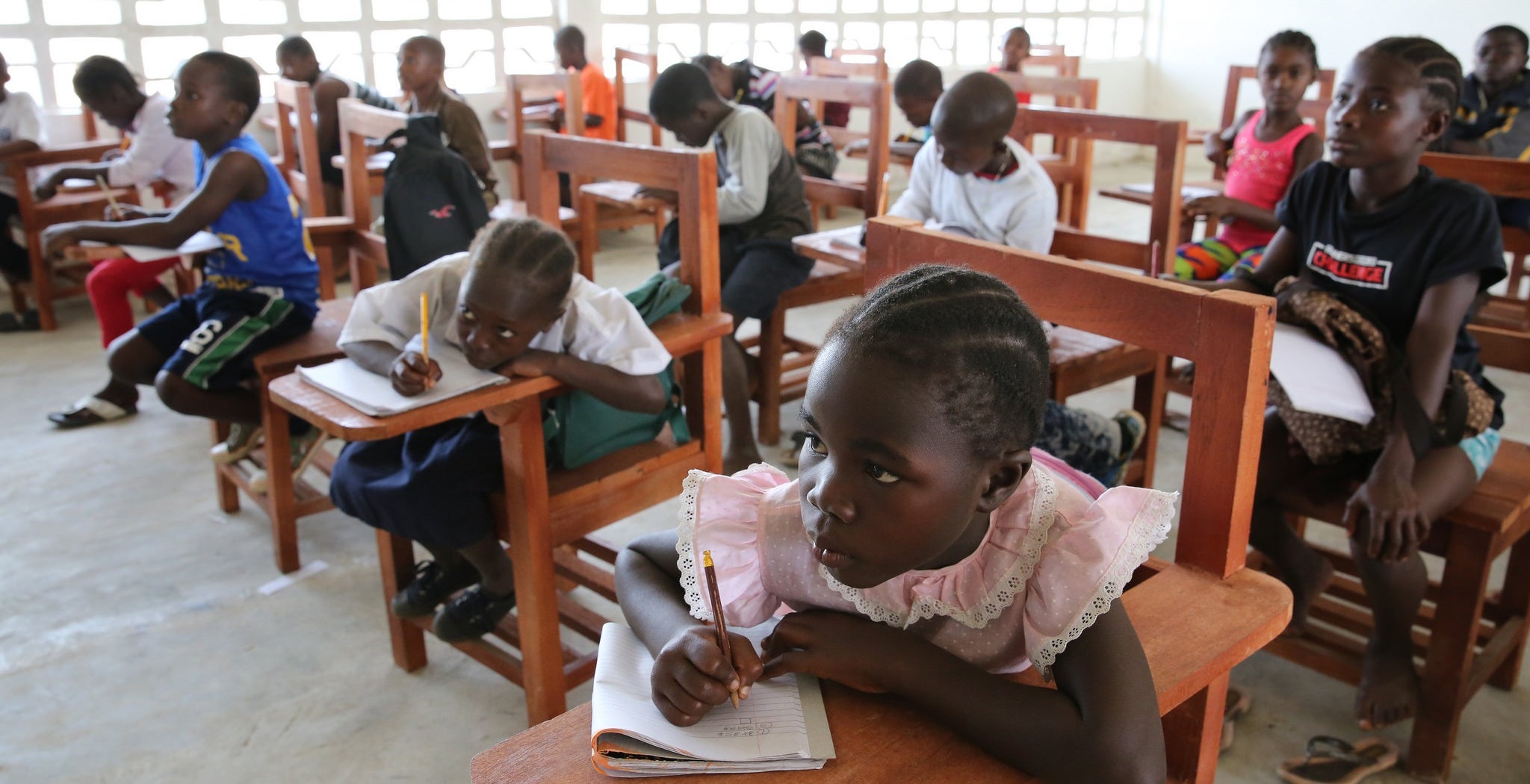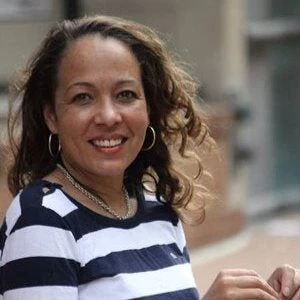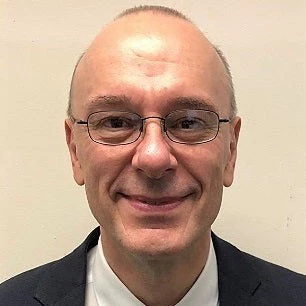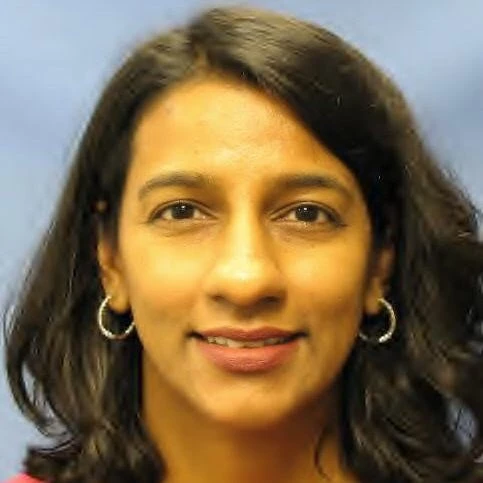
The message on inclusive education is simple: Every learner matters – and matters equally.
This was the shared spirit when experts from 12 African countries came together in Nairobi, Kenya in late October for the ‘Technical Learning Session on Inclusive Education in Africa’ to share knowledge, ideas, challenges, and priorities toward inclusive education.
The ultimate barrier to education is no schooling at all. Inclusion of children with disabilities can result in significant gains to national economies helping break the cycle of poverty.
Access to education is extremely low for children with disabilities
Children with disabilities continue to be one of the most marginalized and excluded groups across the globe. Within Africa, estimates suggest that less than 10% of children with disabilities attend school, and that they are three times less likely to complete primary education – yes, three times less likely! Schooling deficit experienced by children with disabilities can become the most challenging impediment to earning income as adults.
But there is hope.
“We believe that learners with disabilities now stand a better chance of receiving quality educational services than ever before,” stressed Fred Haga, acting director of the Ministry of Education of Kenya, at the event.
His enthusiasm was shared by others who also believe there is a reason to be optimistic. That is because recent focus on inclusive education has countries working slowly but surely towards improving learning opportunities for students with disabilities. However, much still needs to be done.
Coming together to share knowledge and practice
Plans and policies for disability-inclusive education can help break the cycle of marginalization, and it all starts with planning at the system level. For this reason, the World Bank, in collaboration with the United States Agency for International Development (USAID) and UNICEF, came together with a shared vision and commitment to increase knowledge of effective disability-inclusive education planning in Africa through the three-day learning session.
The event was an insightful and motivating journey through the lives of children with disabilities and focused on building a common understanding of inclusive education systems that can reduce inequalities and enable excluded children to enter and succeed in school.
For the first time ever, staff from ministries of education from Ethiopia, The Gambia, Ghana, Kenya, Lesotho, Liberia, Malawi, Rwanda, Senegal, Tanzania, Uganda, and Zambia and staff from the World Bank, UNICEF, and USAID, came together to share technical presentations on data, inclusive education sector analysis, financing, teacher education, and the use of assistive technologies. The teams shared a common goal: to learn and work towards finding implementable solutions.
The Conceptual Framework on Inclusive Education, currently under development by UNICEF and the International Institute for Education Planning of UNESCO (IIEP-UNESCO), was used to apply a system-wide approach and analyze the entire education system through the lens of inclusiveness. This culminated in the teams engaging in mock education sector analysis and action planning.
Identifying key action points to make inclusive education a reality
Action-oriented learning events like these are much needed and appreciated. Now that mini-action plans on inclusive education have been developed, in-country teams must work together to ensure access to quality education for children with disabilities.
During the session, country teams shared their progress, experiences, as well as the challenges they face when it comes to the implementation of inclusive education. They identified eight action points to encourage supportive learning environments and inclusive education for all children in Africa:
- Develop a common message of inclusive education across the region
- More knowledge sharing and capacity building
- Investment in better disability data collection
- Increased financial support to countries for the inclusion of children with disabilities in education
- Support for education sector analysis for inclusive education to develop disability-inclusive education sector plans
- More investment in technical capacity building and research in inclusive education with a specific focus on Africa
- The need for a community of practice on inclusive education
- The need for a multi-sectoral approach to ensure the delivery of quality education.
Every child has the right to learn and it is critical to keep the momentum going toward inclusive education. Countries cannot afford to not engage in disability-inclusive planning, policy, and implementation. Therefore, we must move along the path of creating quality education for all, including children with disabilities.
Will you join us?
The Disability-Inclusive Education in Africa learning session was part of a learning series that began in September 2018 with three open webinars. This activity, funded by the World Bank-USAID Inclusive Education for Africa Trust Fund , was conducted in partnership with UNICEF and USAID. The learning event was co-hosted by the Kenyan Ministry of Education.
Alejandra Gutierrez contributed to this blog post.
READ MORE:
- Blog post: The Missing Piece: Disability-Inclusive Education
- Brief: World Bank Group Commitments on Disability-Inclusive Development
- Report: Disability Inclusion and Accountability Framework
- Topic Brief: Disability Inclusion
- Subscribe to our Sustainable Communities newsletter
- Follow @WBG_Education and @WBG_Cities on Twitter
This blog is also part of the Sustainable Communities blog series.





Join the Conversation